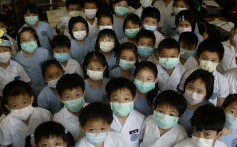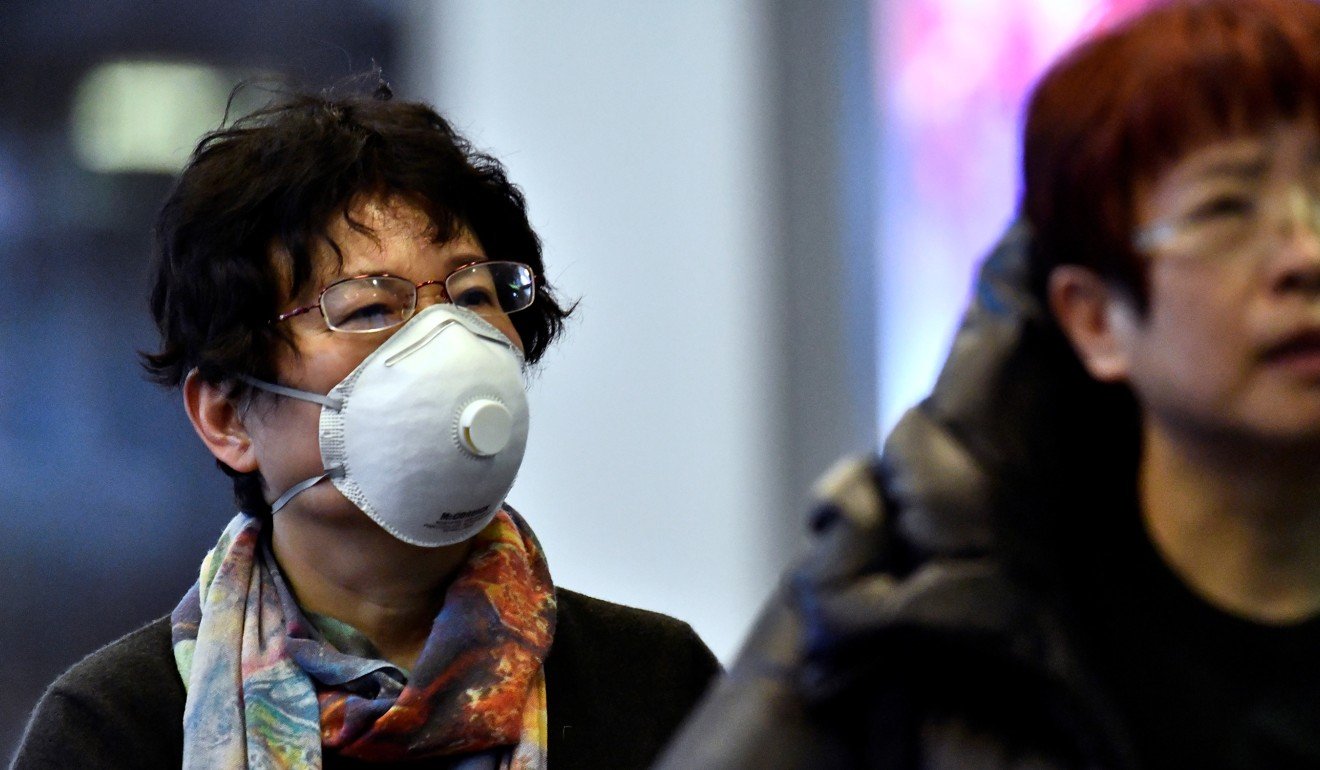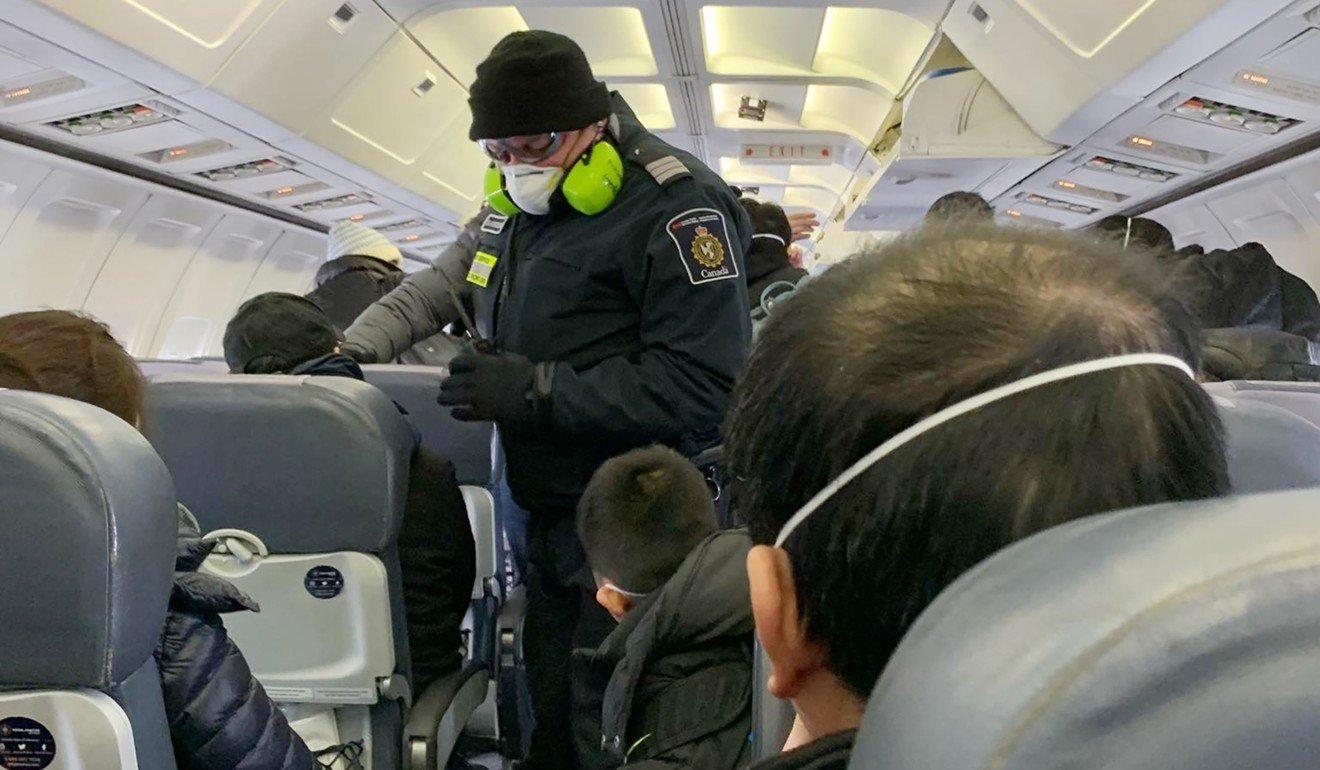For weeks, China’s embassy has been telling people to avoid crowds in Canada, while local authorities blame online mischief for the woes of Chinese restaurants
But misinformation alone is a poor explanation for empty restaurants – it’s also due to the public’s poor ability to calculate risk on a range of scary subjects

Ian Young in Vancouver 22 Feb, 2020
The main problem for Richmond’s Aberdeen Centre food court, in the heart of the most Chinese city outside Asia, used to be a lack of seats.
It heaved around meal times, with tray-toting diners pouncing on tables as soon as an incumbent so much as dabbed their lips with a napkin.
Not any more. The crowds are gone. Most tables are empty. It looks like someone pulled a fire alarm.
In the Aberdeen Centre, and at Chinese restaurants and other businesses in the Vancouver region and across Canada, trade has suffered precipitous declines amid fears of the coronavirus. This is in spite of the fact that there have been just nine known infections in Canada (all of them recent travellers or their close contacts).
Chinese-speaking Vancouverites receive a torrent of real-time updates from family and friends … Little wonder that the official Canadian response seems paltry by comparison
Canadian authorities say misinformation is to blame for those empty seats. At a press conference in Vancouver’s Chinatown on Monday, Canadian health minister Patty Hajdu pinned fault squarely on “rampant” online falsehoods.
Hajdu was backed up by Vancouver Mayor Kennedy Stewart, BC health minister Adrian Dix and a bevy of Chinese restaurateurs and other business owners. Stewart said trade at some restaurants was down 70 per cent – a conservative assessment if the Aberdeen food court is any gauge.
There have indeed been some high-profile instances of misinformation: a local supermarket chain, a restaurant in Burnaby’s Crystal Mall and a popular Richmond roast meat shop have all been hit with utterly baseless and anonymous mischief on social media about supposedly infected patrons or staff.
However, you don’t have to poke around the troll caves of Weibo to discover why Vancouver’s Chinese communities might be staying home.
For more than three weeks, China’s embassy has been plainly telling people in Canada to take precautions against the coronavirus by avoiding crowds and curtailing socialising.
“Please avoid travelling to crowded areas as much as possible, and do not organise or participate in party activities as much as possible,” it says in a directive posted prominently on its website since January 28.
Those Asian face mask wearers? They aren’t crazy or stupid, Vancouver
17 Feb 2020

It also recommends that anyone who does go to a “public place with a large number of people” should wear a face mask.
That advice all goes far beyond anything suggested for the general public by Canadian health authorities and political leaders (“Continue with your regular business,” Stewart had advised on Monday).
If misinformation is behind the woes at the Aberdeen Centre and beyond, then the embassy must share the blame, not just anonymous cranks on social media.

A traveller wears a mask after arriving at Vancouver’s airport on a direct flight from China. Photo: Reuters
Blame information overload
It would almost be comforting if the self-quarantining of Vancouver’s Chinese communities could be pinned on nonsense and crackpottery.
But it’s really down to a combination of factors, including the mixed messaging from the embassy.
It’s also because humans are generally terrible at calculating risk in relation to any high-profile fear factor. And overcoming that will be far more challenging than simple myth-busting.
The risks posed to tourists by terrorists in the aftermath of 9/11? To children in the wake of an infamous abduction case? The current risk to the Canadian public posed by the coronavirus? Logic and math should safely place them all at the back of a dark pantry in a small box marked Exceedingly Low.
But for many, the gut will say otherwise, and misinformation is an incomplete explanation. Math rarely triumphs when fear comes sneaking out of our lizard brains.

A Royal Canadian Mounted Police officer checks Canadians who had been evacuated from China and are on their way to Canadian Forces Base Trenton on February 7. Photo: Reuters
And Vancouver’s Chinese communities have been bombarded with fearful tales of the coronavirus, true and not, to a degree that dwarfs the exposure of the rest of the city.
That small matter of the Pacific Ocean separating Vancouver from events in China? It may as well not exist in the age of social media, as Chinese-speaking Vancouverites receive a torrent of real-time updates from family and friends sharing their experience of the biggest epidemic response in history, affecting hundreds of millions of people.
Vancouver donates thousands of masks to Wuhan, but virus profiteers cash in
15 Feb 2020

Little wonder that the official Canadian response seems paltry by comparison, with its simple imprecations to wash your hands and cover your mouth and nose when coughing.
So don’t just blame misinformation for those empty seats in the food court. Blame information overload.
The Hongcouver blog is devoted to the hybrid culture of its namesake cities: Hong Kong and Vancouver. All story ideas and comments are welcome. Connect with me by email
ian.young@scmp.com or on Twitter, @ianjamesyoung70.
No comments:
Post a Comment